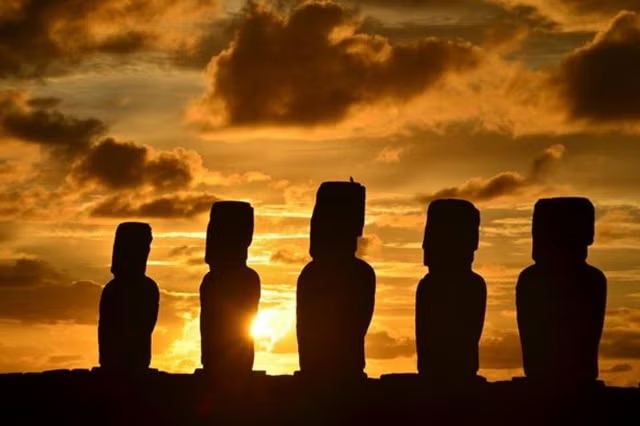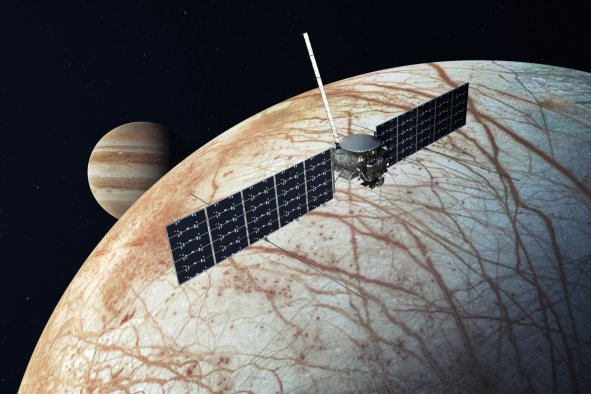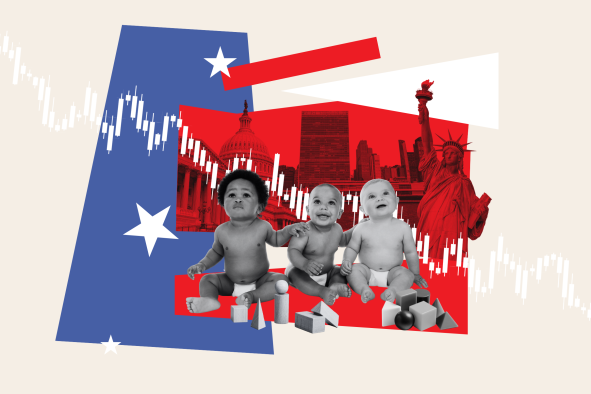Millions of Americans struggling with depression could benefit from the active ingredient in magic mushrooms, new research suggests. However, approval of such treatments will depend on the U.S. Food and Drug Administration (FDA).
Roughly one in 10 American adults suffer from a depressive illness each year, according to Johns Hopkins Medicine, while one in four suffer from a diagnosable mental health disorder. Previous research has suggested that psilocybin—the active ingredient in magic mushrooms—may offer effective relief against major depressive disorder symptoms, with a short, two-dose treatment course lasting for up to a year.
While psychotherapy has shown promise for treating a range of mental health disorders and addictions, psilocybin-assisted therapy has not yet been given the greenlight by the FDA.
That doesn't mean they aren't considering it. Several breakthrough therapy designations have been granted for psilocybin in the treatment of resistant depression—that is, depression that does not respond to at least two different types of antidepressants—and a broader approval may be on the horizon. But as this milestone decision approaches, how many people actually stand to benefit from this kind of treatment?
In a new study from Emory University, the University of Wisconsin-Madison, and UC Berkeley, researchers set out to investigate the potential demand for psilocybin-assisted therapy for depression in the United States.
By combining data on depression prevalence—based on national surveys—with eligibility criteria for recent landmark clinical psychotherapy trials, the team determined that between 56 and 62 percent of those currently receiving treatment for depression—that is, 5.1 to 5.6 million Americans—could qualify for psilocybin therapy if it is approved.
"Our findings suggest that if the FDA gives the green light, psilocybin-assisted therapy has the potential to help millions of Americans who suffer from depression" Syed Fayzan Rab, an Emory MD candidate and the study's lead author, said in a statement. "This underscores the importance of understanding the practical realities of rolling out this novel treatment on a large scale."
Rab added that the 62 percent upper-bound estimate was also likely to be conservative as the analysis only focused on individuals who were already receiving treatment.
These estimates are contingent on what inclusion criteria are approved by the FDA, with insurance coverage, availability, and regional variation also potentially constraining access.
"While our analysis is a crucial first step, we've only scratched the surface in understanding the true public health impact psilocybin therapy may have," Charles Raison, a collaborator on the study and the lead investigator on one of the largest clinical trials looking at the efficacy of psilocybin therapy for depression, said in a statement.
"Ultimately, the realizable potential of this treatment rests in the hands of regulatory bodies, policymakers, insurers, and the healthcare community at large," he said. "It's our hope that these findings spur productive discussions and proactive preparations to optimize the benefit to patients while minimizing unintended consequences."
The study will be published on September 24 in the journal Psychedelics.
Do you have a tip on a health story that Newsweek should be covering? Let us know via science@newsweek.com.
References
Gukasyan, N., Davis, A. K., Barrett, F. S., Cosimano, M. P., Sepeda, N. D., Johnson, M. W., & Griffiths, R. R. (2022). Efficacy and safety of psilocybin-assisted treatment for major depressive disorder: Prospective 12-month follow-up. Journal of Psychopharmacology, 36(2), 151–158. https://doi.org/10.1177/02698811211073759
Rab, S. F., Raison, C. L., & Marseille, E. (2024). An estimate of the number of people with clinical depression eligible for psilocybin-assisted therapy in the United States. Psychedelics. https://doi.org/10.61373/pp024r.0025
Disclaimer: The copyright of this article belongs to the original author. Reposting this article is solely for the purpose of information dissemination and does not constitute any investment advice. If there is any infringement, please contact us immediately. We will make corrections or deletions as necessary. Thank you.



